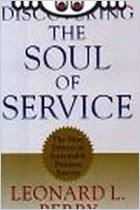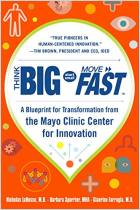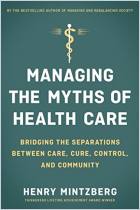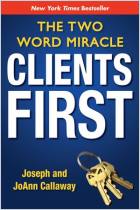
Management Lessons from Mayo Clinic
Inside One of the World’s Most Admired Service Organizations
Recommendation
Professor Leonard L. Berry and former Mayo marketing chair Kent D. Seltman had wide access to the Mayo community, but their book is independent of Mayo Clinic, which had no control over its content, although the authors offer consistent glowing praise. Their engaging guide draws on research and interviews to present a rigorously structured, detailed portrait of an intensely patient-focused “medical group practice.” This overview’s most critical lesson about service as an art comes from its big-picture understanding of how the Mayo brand rose to – and stays at – the top of its field based on delivering high-quality care. getAbstract prescribes this manual to entrepreneurs, administrators, managers, systems analysts for service organizations in all fields, and branding and marketing professionals.
Summary
About the Authors
Leonard L. Berry, PhD, teaches marketing and humanities in medicine at Texas A&M University. He was a visiting scientist at Mayo. Kent D. Seltman, PhD, served as Mayo’s marketing chair. Berry, formerly of the American Marketing Association, was national president of Marketing Health Services quarterly, which Seltman edited.












Comment on this summary